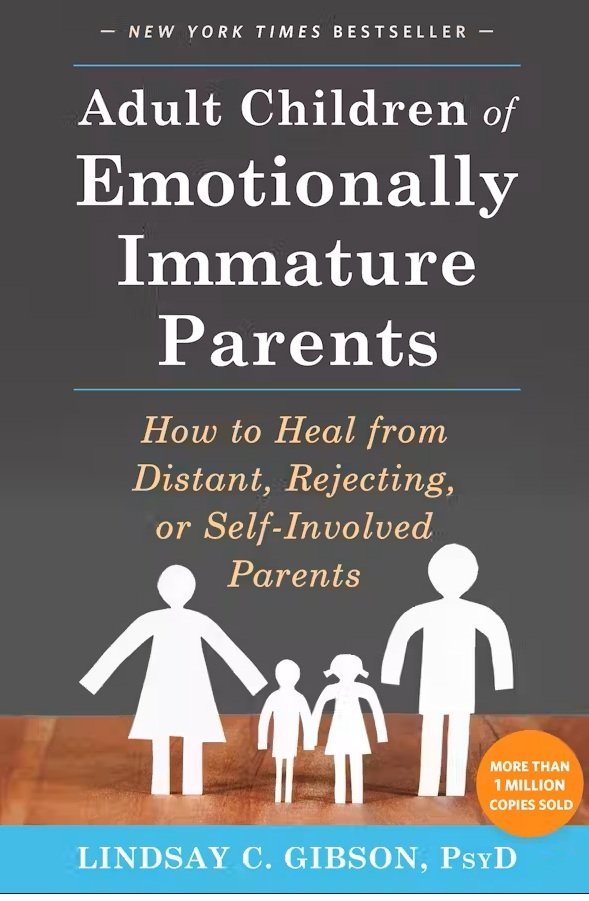
Life-Giving Wounds Blog
Poetry | Art | Music | Blog Search Index
Welcome to the Life-Giving Wounds blog!
Our blog annually releases 30+ posts. We already feature 170+ posts from 60+ authors, who are adult children of divorce themselves, experts in psychology or healing, or both, writing from the Catholic perspective as an expression of their journey of faith and healing. We invite you to browse our library or, if you’re looking for something specific, hop over to our index page where you can find a complete list of categories, tags, and authors. The index also has a search function and a complete list of blog posts arranged chronologically.
Want to get the latest blog post in your email inbox? Sign up for our newsletter (and choose "blog posts" from among the newsletter options) and you will automatically get it.
P.S. Want to write for us? Drop us a line!
FEATURED
LATEST BLOGS
A Birthday Letter to Myself
This year, on my own birthday, I was inspired to write such a letter to myself! The past year has been one of immense suffering as well as immense growth. The two so often go hand in hand. I have written letters to myself before, mostly to my younger self. This was a new journaling endeavor, and one I found to be quite powerful. I wanted to share this letter with the LGW community in the hopes that someone else might be encouraged by parts of my own story or perhaps even be inspired to write such a letter to their own self.
Introduction to the Temperaments and Their Importance for Healing and Thriving as ACODS
Temperament is the science of how we tend to react. Some people tend to react quickly and intensely. Others react slowly and not intensely. For some people, their reactions are long-lived; others easily let go. Some forgive and forget; others hold on for decades. Some love to immediately take charge, while others just want to fit in and go with the flow. These temperament differences impact (but need not determine) our emotional lives, relationships and our spiritual lives.
Ministering to Teens with Divorced Parents: Some Unique Challenges and Guidance
There are some unique challenges when it comes to ministering to teens from broken homes. Of course, any ongoing situations of abuse or harm must be reported to appropriate authorities—make sure your church or group has mandatory reporting and training in place to keep minors safe! However, there are many layers of the divorce wound that may not be the kind of thing you can or should report to Child Protective Services (CPS). In these cases, awareness and practical pastoral guidance for these teens is best. Below, I want to outline some of the unique challenges faced by teen children of divorce or separation (TCODs):
We Have To Keep Trying
But my mom was human. Both my parents were human. And the very fact that in spite of the deep pain and abuse that my mom went through for most of her life, she still tried…SHE TRIED. That is the difference.
Hope Gap and Pseudo-Happy Endings (Movie Review)
The movie Hope Gap recently appeared in my Amazon Prime Video recommendations, with the synopsis being that Edward (Bill Nighy) suddenly announces that he is divorcing Grace (Annette Bening) after almost thirty years. Being a child of divorce, I was quite intrigued to see how the movie approached the matter, so I broke my habit of never paying extra for movies on Amazon to find out.
Navigating Boundaries as an Adult Child of Divorce (Part Four: Tips for Setting Boundaries)
May God, for Whom nothing is impossible, help you to navigate all of the relationships in your life so that you may be fully alive as a person, in your relationships with others, and in your relationship with Him.
Overcoming Pornography Addiction as an ACOD: Part Two
Porn and masturbation were supposed to be behind me. They were things from the past, when I had been a foolish teenager. Now I was a faithful Catholic studying theology on scholarship. What would people think? It's one thing to disclose a past addiction to those you love. It's another to return to admit that the past isn't even past.
Navigating Boundaries as an Adult Child of Divorce (Part Three: Boundary Patterns and the Spiritual Life)
Continuing with the themes from Part Two of this series, let us look at boundaries with God in light of the extremes of avoidant independence and enmeshed dependence.
Navigating Boundaries as an Adult Child of Divorce (Part Two: Typical Boundary Patterns of ACODs)
Let us keep in mind as we examine these things that the intention of Christ is always health, always unity, always love, and always truth. When we name our dysfunction for what it is and speak the truth in love, we honor the self that God gave us and in turn, the Creator of our self is delighted.
Navigating Boundaries as an Adult Child of Divorce (Part One: The Necessity of a Self)
For adult children of divorce or separation, we often struggle with the extremes of boundaries: when our person becomes overly entangled with other persons in our family, this is unhealthy; it can be equally unhealthy to completely cut everyone out of our lives because we think this is the only way of preserving ourselves.
Forgiving Your Parents for Past (or Present) Hurts
Keep in mind that forgiveness is not the same as reconciliation (which takes two people), but sometimes must be offered unilaterally. It is a difficult process, but it is also freeing. Forgiveness doesn’t mean forgetting, condoning, or approving the harm done, and it goes hand and hand with setting healthy boundaries. Seeking out therapy and empathizing with the other person’s own struggles helps.
A Religious Sister’s Advice about Spiritual Direction for ACODs
Spiritual direction is the art of guiding someone or being guided to greater growth in the spiritual life and ultimately to the goal of becoming the saint that God has created each one of us to be. Put simply: our goal in this life is to get to Heaven, become holy, and enjoy eternal happiness, and a spiritual director helps us to get there. The true spiritual director is the Holy Spirit, and so both the spiritual director and the directee must be in relationship with the Holy Spirit through prayer and the sacraments to be able to listen to His voice and follow where He is leading.
Coping with the Death of a Parent as an Adult Child of Divorce
As many of you can surely relate, my relationship with my mom was never easy. I struggled with how to relate to her, agonized over her health, and beat myself up for never “feeling” love towards her. But one thing I have learned throughout this whole ordeal, that I will likely need to be reminded of many times, is that love is an act of the will. Feelings are a side-benefit. I rarely felt excited or looked forward to calling my mom on Sundays. But I did it, and this act showed my love towards her, even though I did not feel it.
How to Cope When Your Parents Divorce Later in Life
The phenomenon known as “gray divorce” — when couples older than 50 end their marriage — has grown dramatically in the past few decades. Since the 1990s, the divorce rate has doubled for Americans over 50, and tripled for those over 65. And the trend doesn’t seem to be abating any time soon.
What about the children in these situations, like Bruce? They are young adults or adults themselves, perhaps out of the home or getting ready to “launch.” How does their parents’ split affect them?
Four Habits of Healing for Adult Children of Divorce
In 2018, we founded a peer-based outreach to help adult children of divorce — like Dan — find deeper healing for the wounds caused by their family’s breakdown. Both from Dan’s own experience and from walking alongside hundreds of adult children of divorce, we’ve seen some consistent “habits of healing” that can help people move forward from this difficult experience into greater peace and joy.























